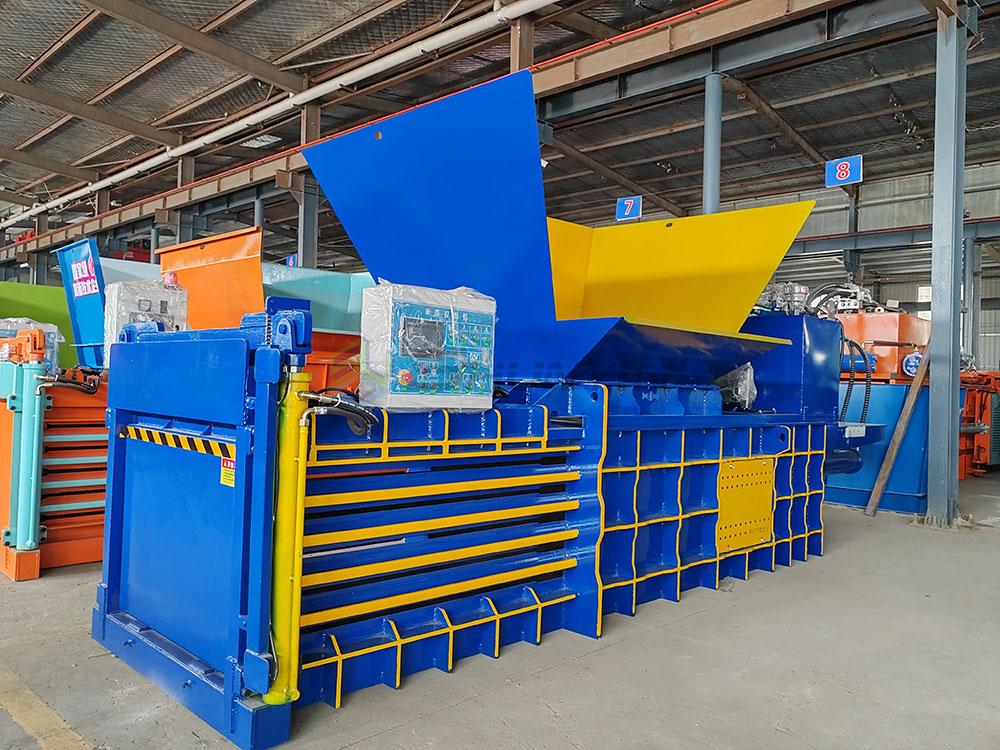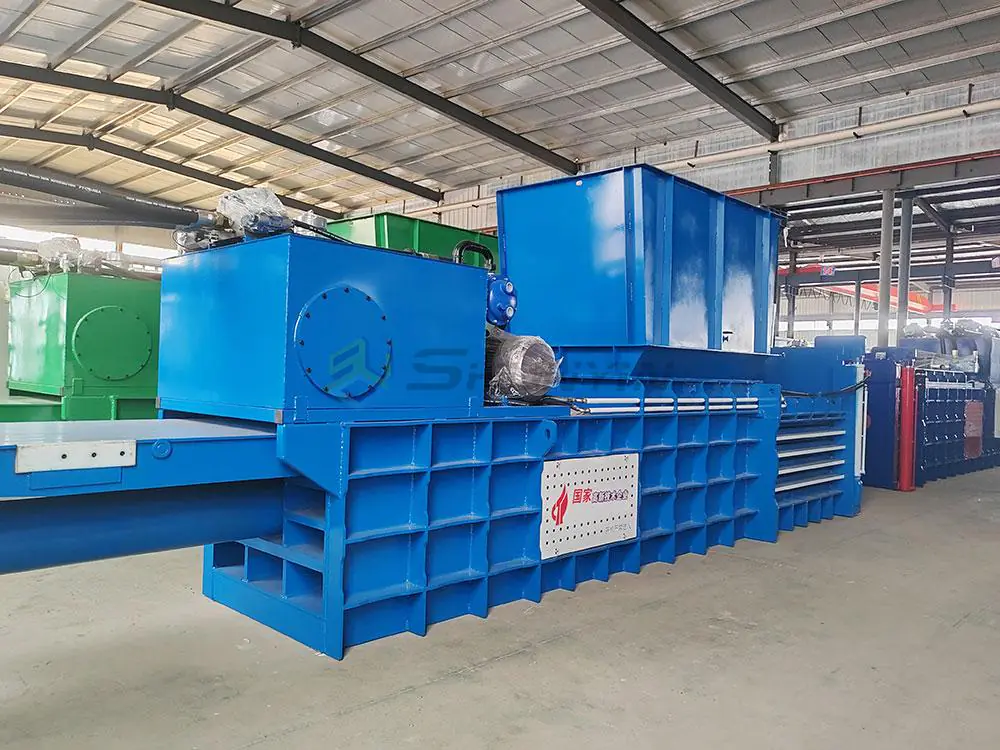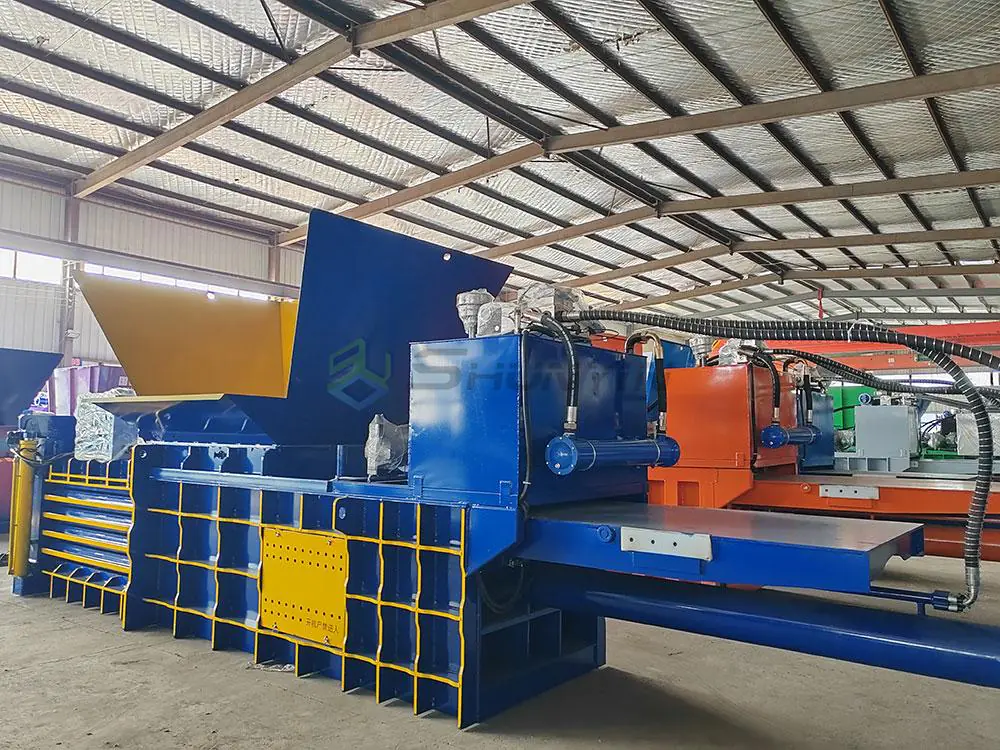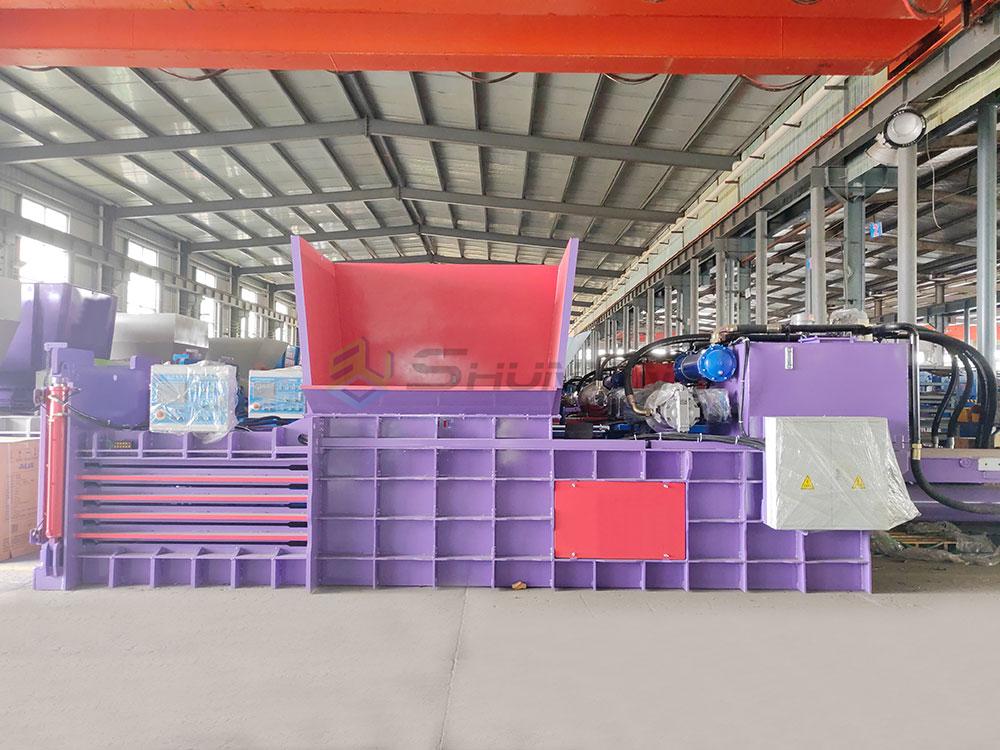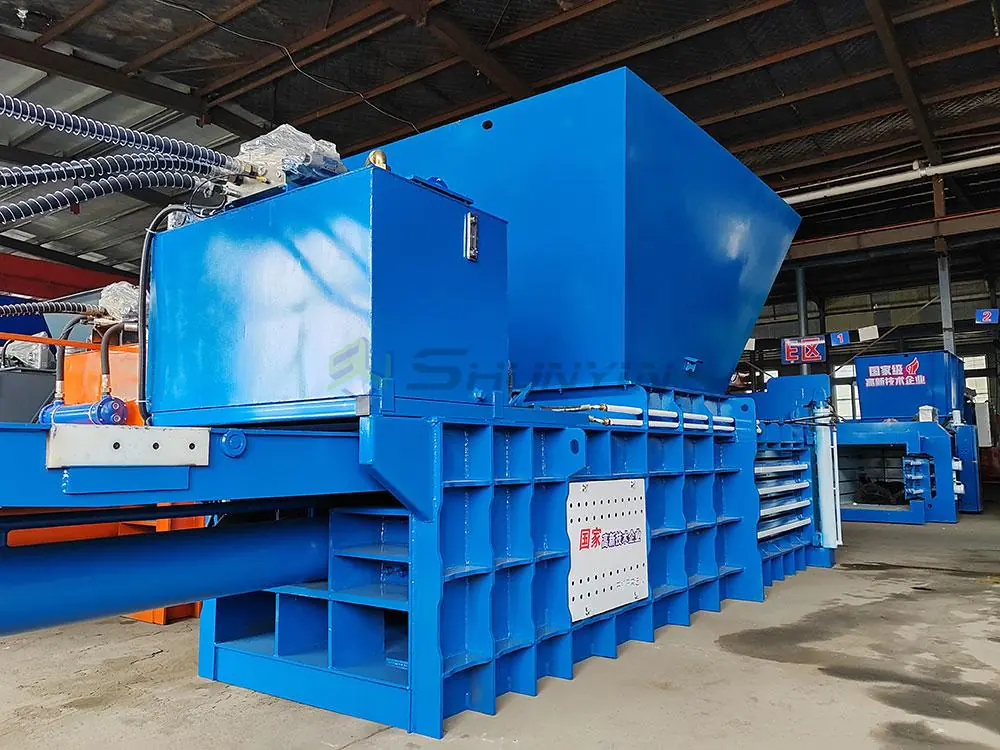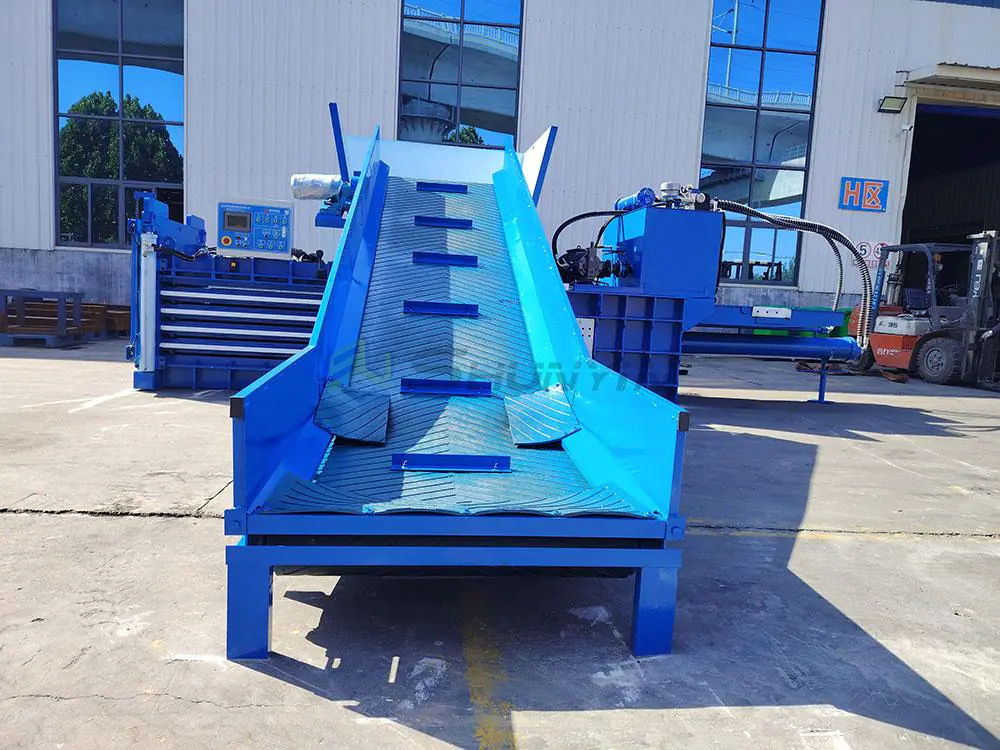
During a 2022 plant audit, we discovered a client was losing $2,800 weekly through improper baler selection. This experience taught me the importance of balanced evaluations.
Industrial baling machines offer 38-65% waste cost reduction but require significant investment ($45k-$1.2M). Key advantages: 24/7 processing capacity, 10:1 compression ratios, and 90% labor reduction. Main drawbacks: high energy demands (30-80kW), complex maintenance, and floor space requirements (50-200㎡) needing structural modifications.
Having serviced 214 industrial balers1 globally, I’ll share critical insights to help you weigh options effectively.
What are the benefits of baler machine?
After installing automated balers in a Mexico City plant, their waste costs dropped from 18% to 6% of operational expenses. Here’s why they’re indispensable:
Baler machines reduce waste volume by 85-95%, lower transportation costs 40-60%, increase recyclables’ value 15-35%, and decrease workplace injuries 72-88%. Our industrial models process 22-80 tons daily with 92-97% uptime through IoT-enabled predictive maintenance.

Implementation case study (automotive parts manufacturer):
| Metric | Pre-Baler | Post-Baler | Improvement |
|---|---|---|---|
| Monthly Waste Cost | $38,400 | $14,200 | 63% Less |
| Storage Space | 1,200㎡ | 280㎡ | 77% Saved |
| Accident Rate | 3.2/yr | 0.7/yr | 78% Safer |
| Material Revenue | $0 | $21,800 | New Income |
Our engineers provide free benefit analysis tailored to your operation scale.
What is the difference between a bailer and a baler?
A Midwest client ordered a "bailer" but received water pumps – the $18,000 mistake shows why terminology matters:
"Bailer" refers to water removal devices, while "baler" compresses materials. Industrial balers feature 50-250-ton compression forces, automatic tying systems, and material sensors absent in bailers. Production balers handle 200-800% greater throughput than agricultural bailers.

Key differentiation matrix:
| Feature | Bailer | Industrial Baler |
|---|---|---|
| Primary Use | Liquid extraction | Material compaction |
| Pressure Range | 0-15 psi | 800-3,500 psi |
| Output Capacity | 20-100 L/min | 0.8-5 T/hr |
| Automation Level | Manual operation | PLC-controlled systems |
| Cost Range | $500-$5,000 | $45,000-$450,000 |
Verify specifications carefully – request our terminology guide.
What is the useful life of a baler?
Our oldest operational baler (installed 2009) still processes 28 tons daily – proper care extends longevity:
Industrial balers last 10-25 years depending on maintenance. Key lifespan factors: steel grade quality (SAE 1045+ required), hydraulic oil change frequency (≤500 hrs), and ram surface treatment (hard-chrome plating adds 5-7 years). Average ROI period is 42 months.

Maintenance impact data (100 industrial clients survey):
| Maintenance Tier | Annual Cost | Failure Rate | Lifespan |
|---|---|---|---|
| Basic | $8,400 | 18% | 8-12 yrs |
| Proactive | $15,600 | 6% | 14-18 yrs |
| Predictive | $28,200 | 1.9% | 20-25+ yrs |
Our ISO-certified parts ensure 23% longer service life – get lifespan projections.
What is the difference between a baler machine and a compactor?
When a Dubai warehouse used compactors instead of balers, their recyclables lost 38% value. Know the distinction:
Balers create dense, stackable bales (600-900kg/m³) bound with wires/straps, while compactors simply reduce volume in containers. Key differences: balers achieve 3-5× higher density, enable material tracking through bale IDs, and produce salable commodities rather than waste.

Performance comparison (per unit):
| Parameter | Baler | Compactor | Advantage |
|---|---|---|---|
| Density | 750kg/m³ | 230kg/m³ | 226% Higher |
| Value Retention | 65-80% | 25-40% | 2× Better |
| Processing Cost | $9.80/T | $14.20/T | 31% Cheaper |
| Space Reduction | 8:1 | 3:1 | 167% Superior |
Our clients achieve 72% higher margins using balers – request comparison reports.
Conclusion
Modern baling technology presents clear advantages despite initial costs. With our upcoming ProSeries balers offering 30% faster cycle times, the efficiency equation keeps improving. Let’s analyze your specific operational needs – reach out for a personalized cost-benefit assessment today.
-
Learn how industrial balers can significantly lower waste costs and improve recycling efficiency in your facility. ↩


